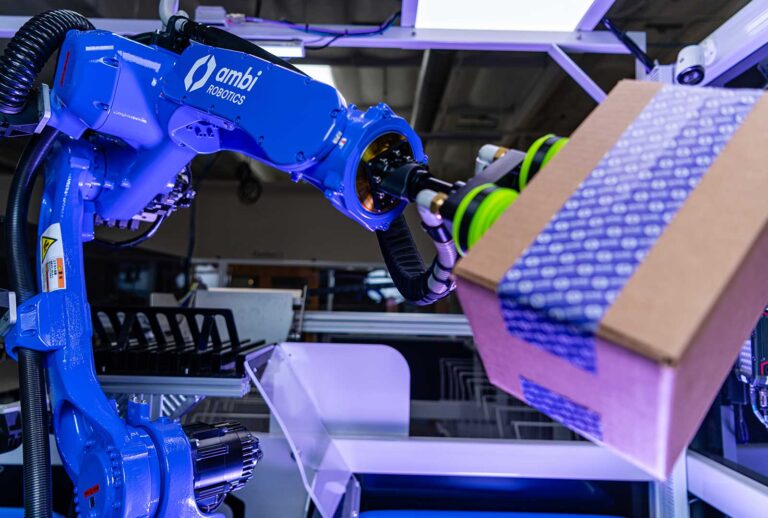Scaling Electric Vehicle Fleet Charging
Matt Horton, CEO, Voltera joined Grayson Brulte on The Road to Autonomy podcast to discuss scaling electric vehicle fleet charging.
The conversation begins with Matt discussing a Bloomberg Intelligence report that states there needs to be at least $42 billion in EV charging infrastructure investments by the end of the decade to keep up with the projected electric vehicle adoption.
I think in fact we may even need to deploy more capital and do it more quickly to really meet the demand that we are seeing from customers.
– Matt Horton
In order to succeed in the charging business, you have to have a real estate strategy that has to have the right locations that both consumers and fleet operators want to charge their vehicles. The challenge is not all of these locations have current access to the power needed to charge EVs at scale.
A big part of the challenge ahead of us is fundamentally rewiring the grid to deliver power where it’s going to be needed for transportation uses, not just for commercial, residential, and industrial.
– Matt Horton
This is where Voltera comes into the picture as they are working with utilities, acquiring real estate and developing turnkey sites for commercial EV fleet charging operations. Voltera has deep experience in this model, as the company was spun out of EdgeConneX in 2009. This is the same year that Facebook first built their own data center in Oregon. The significance of this milestone is that the EV fleet charging business will mimic the rollout of corporate data centers for cloud operations built and operated by 3rd parties.
Today large fleet owners want to develop their own charging centers, instead of relying on 3rd parties. This approach is capital intensive and limits fleet operators ability to scale. Comparing and contrasting to data centers, this approach is a pre-cloud approach. When the cloud scaled, start-ups such as Netflix, Uber and Airbnb were able to build businesses and scale without having to own and operate their own data centers, saving them an immense amount of capital.
There really are a lot of important lessons that the charging industry can learn from the digital infrastructure space, from wireless telecom, from data centers, and we want to deploy a lot of that learning and a lot of the approach to really build charging right so that it will be reliable and cost effective.
– Matt Horton
Large EV fleet operators are choosing Voltera to be their charging partner because to do it on your own is time consuming and capital intensive. The risk to Voltera from a capital investment standpoint is limited as charging is a key element for EV fleet operators being able to operate their business.
Today we are not having any problem getting customers to sign up to very long-term contracts, because they are just like we are, they are making a long-term commitment to electrifying the business.
– Matt Horton
In addition to EV fleet operators, Voltera is starting to see interest from Class-8 truck operators as they look to electrify their fleets. To source the energy that will be needed to charge Class-8 trucks, Voltera is developing power procurement strategy. While developing a power procurement strategy, one has to take into account power distribution and timing.
In most places in the country there isn’t a challenge of power production, it’s more a challenge of power distribution and timing.
– Matt Horton
It’s not just EV fleet operators and Class-8 truck operators which are electrifying, it is also autonomous vehicle operators. The value proposition for Voltera is clear, they own and manage the real estate and charging while their customers focus on their core business of transportation.
Wrapping up the conversation, Matt shares his thoughts on how he sees EV charging evolving.
Recorded on Tuesday, November 29, 2022




